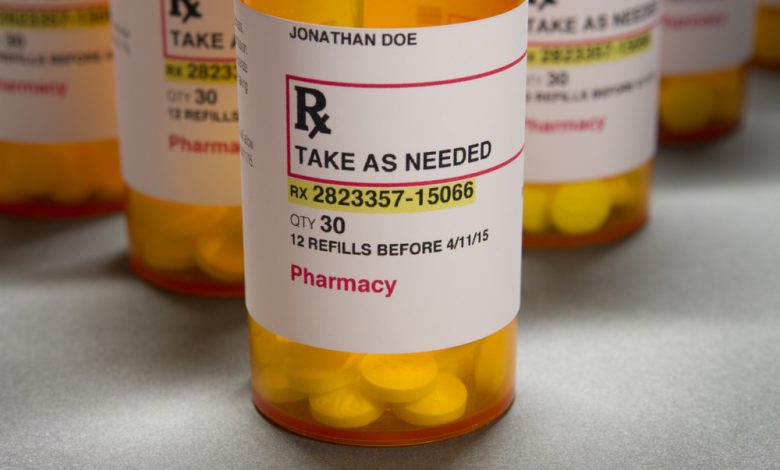
On September 13, 2020, President Trump signed an executive order establishing federal price setting for pharmaceuticals. Under this order, the price for select prescription medications in Medicare Parts B and D would be set based on the price of similar products in countries in the Organization for Economic Development and Cooperation (OECD). This sampling of prices would be used, in some unspecified way, to calculate the Most Favored Nation price for prescription medications in the United States. This is not the reform patients need and it could ultimately harm them and undermine care in this country.
Time and time again, experience has proven that this type of artificial, government-centered approach just does not work.
Some of the unintended, but predictable effects of price setting are erosion of the targeted industry, particularly on its ability to innovate, a stagnation in new product introductions, decreases in quality and product availability, and over-reliance on low-end, often off-shore suppliers, for either final product or intermediary components. But most importantly, it doesn’t work because these are artificial prices in the U.S., and government setting prices is antithetical to our free-market system.
The COVID-19 pandemic has taught us many lessons. The pandemic has enlightened us on the importance of innovation in the pharmaceutical industry. Price setting would limiting funding for research and development, which would have slowed down our response to COVID.
Instead of price setting, we urge the Trump administration and Congress to pursue the five following principles to ensure that proposed reforms are focused on benefiting patients and minimizing overall healthcare costs by administering and adhering to quality care.
The first is to simplify the system for everyone. Create systems and procedures that are simple, transparent, understandable, and effective. This is extremely important to restore the faith of patients in a system that has become mysterious, veiled in secrecy, and overly complex and convoluted.
The second reform is to ensure cost reductions are passed on to the patients. Any reforms must honor the tenet from the beginning of the current system by returning the lion’s share of cost savings – from whatever method or source – to the patient. The goal of reform should be to reduce patient out-of-pocket expenditures for prescription medications from current levels, rather than just holding the line on costs which are already hurting many or returning cost savings on the provider side.
We must protect access to care. Pricing reforms must be such that they do not impede access to treatments. A “Rob Peter To Pay Paul” strategy where short term caps are imposed at the expense of significantly higher premiums or more restrictive access has not worked. If caps are instituted, they should be designed in a way to reduce out-of-pocket expenses without compromising other core elements of prescription care or access.
Reforms must also preserve the provider/patient relationship. Access to the full spectrum of medications and innovative therapies should not be restricted by limited formularies or an undue trial-and-error process. The selection of therapeutic alternatives must honor the wishes and values of patients within a system that keeps the patient-healthcare provider relationship as the focal point of treatment decision making.
Finally, the market, not the government, must reduce prices. Establishing arbitrary price targets using reference standards that are not applicable to the needs, wishes, and way of life of American patients undercuts fundamental principles of free markets. And it won’t work.
These five principles have one thing in common – keeping the long-term best interests of patients in focus. In the end, this will fulfill the ethical and social obligations of providers, government, and health benefits managers and enhance the care of patients.





Leave a Reply
Thank you for your response.
Please verify that you are not a robot.